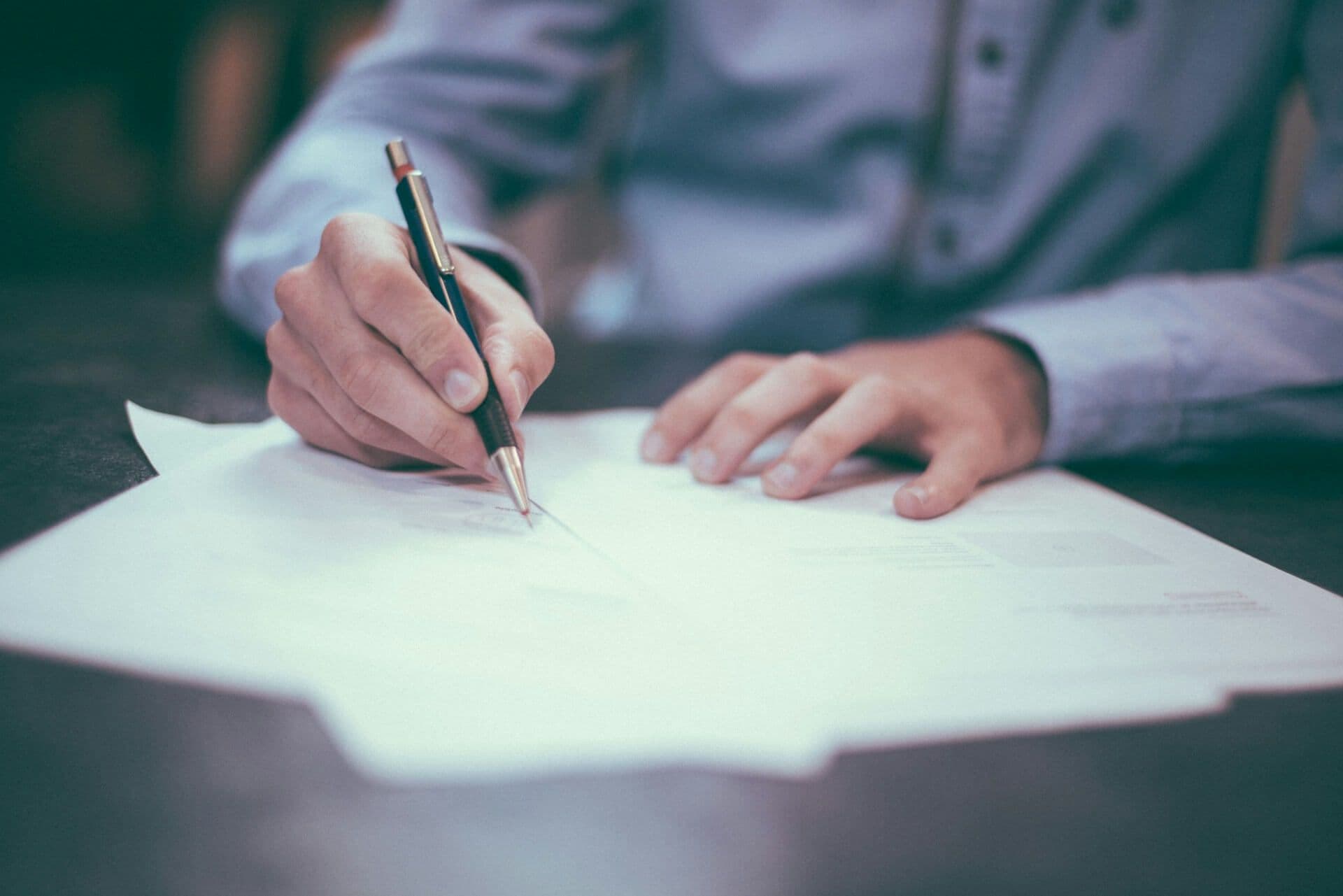Choosing the Right Expert Witness: Why It Matters More Than You Think
Choosing the right expert witness can make or break a case. We look at what makes an expert the right fit - and how Tessa Gough Associates ensures you find them.

The wrong expert witness can make or break a case. Kim Morris explains why not all expert witnesses are equal, and what needs to change.
The quality of expert evidence is once again making headlines.
In a recent article in The Guardian, Lord Hodge, deputy president of the supreme court and president of the Expert Witness Institute, made a clear call for caution: lawyers and judges, he said, must be “on their guard” when it comes to expert witness evidence. In a time of increasingly complex legal and medical issues, expert input is essential — but it must be treated with care.
The risk? That poor-quality expert evidence could contribute to miscarriages of justice.
It’s not a new concern. But it’s one that feels increasingly urgent.
Modern healthcare is complicated and complex. So is the litigation that surrounds it. That’s why the role of the expert witness has grown — and rightly so. They play a key role in helping courts understand the detail of clinical claims, assess care requirements, and reach the right conclusions.
But as this role grows, so too does the responsibility.
As Lord Hodge points out, it’s no longer enough to assume all expert witnesses are up to the job. Whether it’s a lack of training, unconscious bias, or a failure to stick to their remit, expert evidence that isn’t robust or impartial puts the integrity of a case at risk.
The issue here isn’t simply about scientific or medical knowledge. It’s a wider concern about clarity, attention to detail, and professional accountability. Recent court judgments have highlighted this.
In Parsons v Isle of Wight NHS Trust (2023), the claimant’s expert was criticised for failing to provide clear reasoning.
In Beatty v Lewisham & Greenwich NHS Trust (2023), the expert was seen as partial and overly focused on advocacy.
In both cases, the judge ultimately preferred the opposing expert’s evidence — not because they had more experience or stronger credentials, but because their reports were better reasoned, clearer, and more impartial.
It’s a reminder that not all expert witnesses are equal, and that the consequences of poor evidence can be significant.
At Tessa Gough Associates, we believe expert evidence must be:
This isn’t a box-ticking exercise, it’s about building trust. Because if expert evidence can sway a judge or jury, we have a responsibility to everyone involved — claimant or defendant — to make sure it’s of the highest quality.

We welcome Lord Hodge’s call for better oversight, and we agree that voluntary training and accreditation schemes can play a vital role. But we also know that trust isn’t built on credentials alone.
That’s why at Tessa Gough Associates, we go further. Every expert that joins our team is hand-selected and trained in-house, with continuous professional development, peer support, and guidance every step of the way.
Our in-house research team reviews every report to ensure consistency and clarity. And our support specialists and operations team make sure no expert is left to navigate complex instructions or evolving guidance on their own.
The role of an expert witness can be a lonely one, but it doesn’t have to be.
Our approach is built on the belief that care, professionalism and consistency matter. That’s why our reports are more than a legal document — they’re a reflection of the standards we hold ourselves to, and the responsibility we carry.
As Lord Hodge says, the solution isn’t to make every legal professional a scientist. It’s to make sure expert witnesses do their job well and that legal teams, providers and the courts know what to look for.
That means asking the right questions:
Because when expert evidence matters as much as it does, we can’t afford to get it wrong.
Choosing the right expert witness can make or break a case. We look at what makes an expert the right fit - and how Tessa Gough Associates ensures you find them.
In loss of service cases, access to records and empathy go hand in hand. This personal perspective highlights how expert witnesses can approach grief with professionalism and care.
From brain injury to mental health, our expert witnesses cover a broad range of disciplines – here’s how we match the right expert to every case.